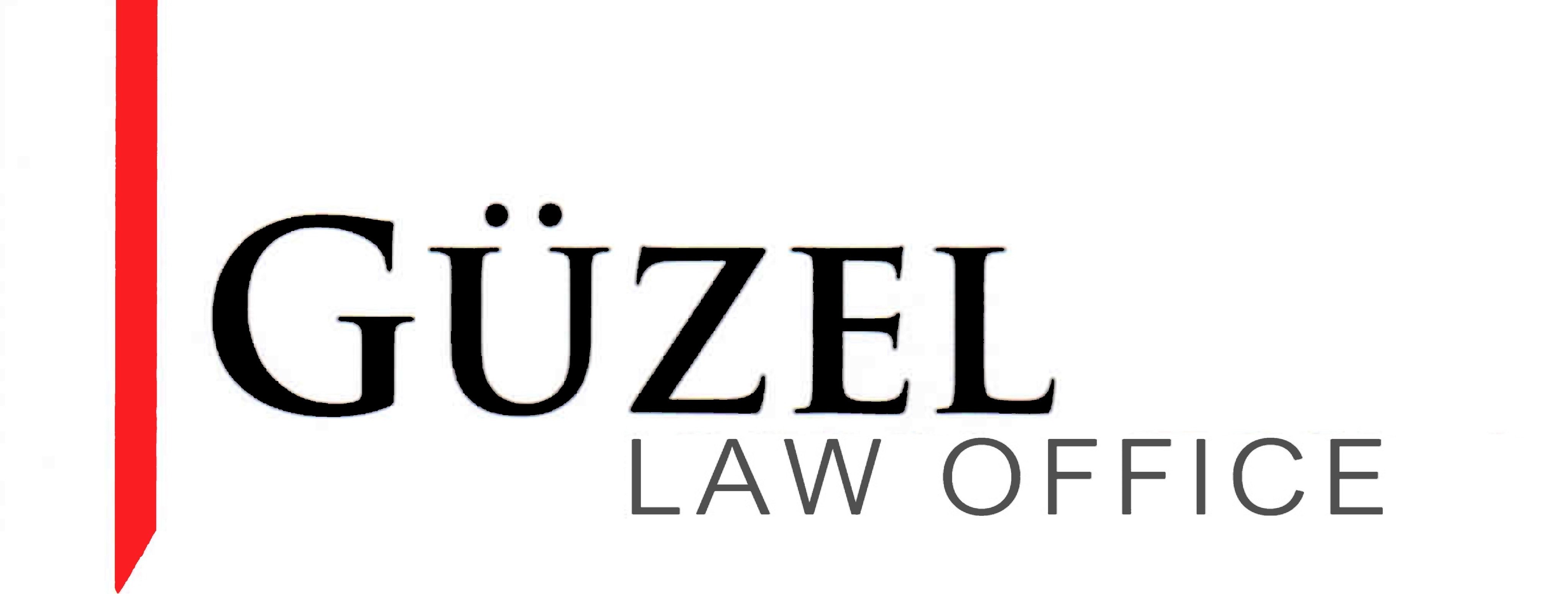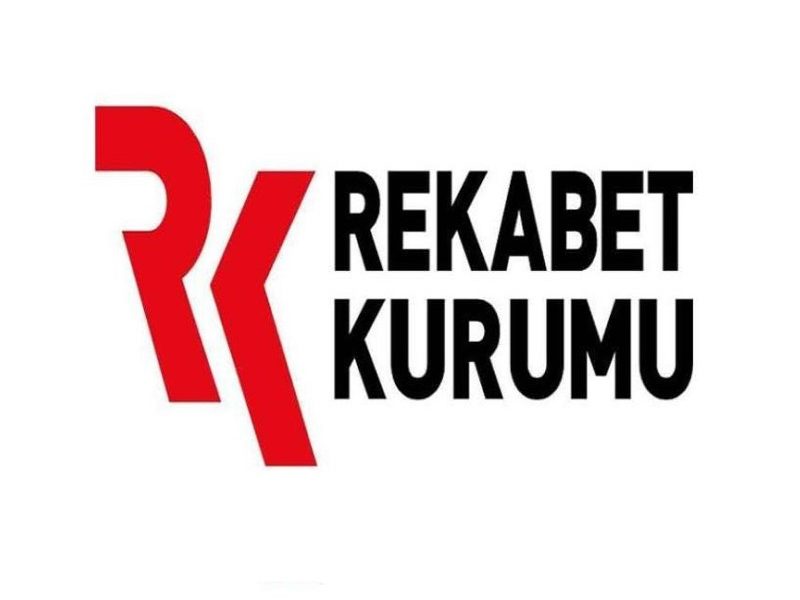- INTRODUCTION AND DEFINITIONS
In this information note on the amendments to the Guidelines on Vertical Agreements, we first find it beneficial to briefly describe some terms related to competition law.
- Vertical Agreements : Vertical agreement is an agreement between two or more undertakings operating at different levels of the production or distribution chain to purchase, sell or resell certain goods or services. In this context, agreements made by any manufacturer or reseller with the supplier of the product sold are within the scope of a vertical agreement. Article 4 of “Act 4054:On The Protection of Competition” prohibits the prevention, deterioration or restriction of competition through vertical agreements.
- Group Exemption for Vertical Agreements: Although Act 4054 prohibits the prevention, deterioration or restriction of competition through vertical agreements, Competition Authority can also decide that some cases may be exempted from such remedies by the communiqués to be issued. With the Communiqué on Group Exemption for Vertical Agreements, it has been ruled that the provisions contained in the vertical agreements shall not be regarded as violating the competition.
- Guideline on Vertical Agreements: The said Guideline was prepared by the Competition Board to explain the provisions that contained in the Communiqué and to indicate in which direction the Competition Board interprets these provisions.
- Active Sales / Passive Sales: Active sales are sales made by targeting specific or group customers and directly reaching the customer by opening a physical point of sale or sending mail. In active sales, a direct link is established to influence the target audience.
Passive sales mean meeting demands from customers that are not due to the active efforts of the seller. Sales made over the Internet are also regarded as passive sales and if the delivery of the goods is carried to the address of the customer, the sales do not change the quality of the passive sales.
- Provision of The Most Favored Customer: Positive buying / selling conditions provided to a customer should also be reflected in the customer who has the most favorable customer condition in the contract.
- OLD VERSION OF GUIDELINE
The addition of the substances which are prohibited by the Competition Law and which affect the vertical competition is mitigated together with the Communiqué entered into force in 2002. The Communiqué recognizes that the inclusion of some restrictive competition clauses in vertical agreements does not constitute a violation of the competition law provisions, provided that the suppliers do not have more than 40% of the market share in the market for goods or services provided by vertical agreements. However, in some cases not only the market share of the supplier but also the market share of the buyer that the supplier provides goods or services is also important. For example, to be eligible for exemption from vertical agreements that include the obligation to provide products to a single buyer, the buyer’s market share must also be less than 40% of the relevant market.
The Communiqué, which brought the above exemption, also regulated which circumstances would not fall within the scope of exemption. In addition, the Guidelines published by the Competition Authority also detail provisions that cannot be included in the vertical agreements, which are not included in the exemption. In other words, the Guideline explains how to implement or interpret the present Communiqué.
In this context, the prohibition of passive sales in a specific area by vertical agreements, as both in the Communiqué and in the Guidelines, is beyond the scope of the exemption for vertical agreements. That is, the buyer that the supplier provides goods or services may not be able to actively sell in other territories other than the self-allocated zone, but can not prevent passive sales. As an example, company X may choose to sell Y products in the Marmara region and Z products in the Aegean region, and may actively block sales to each other’s territories (establishing stores, direct marketing, etc.). However, if an order from İzmir arrives to Y, despite the absence of active sales activity, Y cannot be prevented sales on that order.
In this context, the Competition Board defined internet sales as passive sales and made decisions on whether internet sales could not be limited by vertical agreements. However, there were no explicit arrangements in this regard, including the version of the Guideline on Vertical Agreements earlier March 30. With the amendments made in the Guideline, new principles are added to this issue and the principles determined by the Board decisions are embodied.
- NEW VERSION OF GUIDELINE DATED ON MARCH 30
I.AMENDMENTS TO INTERNET SALES
Some of the attachments in the New Guideline are related to restrictions on internet sales. In this context, internet sales which are already regarded as exempted by the decisions of the Competition Board are included in the New Guide and internet sales are more specifically covered by the vertical agreement exemption. The amendments in the new Guidelines have not made any substantive changes to the competition legislation, but the fact that sales through the internet can not be restricted are more clearly expressed. Situations foreseen in the New Guidelines and included in vertical agreements are those that will cause competition violations such as:
- If an (exclusive) distributor restricts access to its website to customers located in the (exclusive) territory of another distributor or directs such customers to the site of the manufacturer or other (exclusive) distributor,
- Termination of the transaction if the (Exclusive) Distributor finds out that the customer is not in the credit card address information and the address is not in the distributor’s (exclusive)
- Restrictions on the ratio of sales made through the Internet channel to total sales,
- For the products that the distributor will resell over the internet, the decision to pay higher price compared to the products to be offered at the physical points of sale,
- For the products that the distributor will resell over the internet, the decision to pay higher price compared to the products to be offered at the physical points of sale,
In accordance with the new Guidelines, it is forbidden to include the above provisions in vertical agreements. On the other hand, it is clearly stated in the New Guideline that the sending of electronic mail to customers in the exclusive territory of another buyer or customer group without any request will be considered as an active selling method and the catalog sender will also include this. In other words, it is possible for e-mails or catalogs to be blocked by vertical agreements to customers in other exclusive territories without their request, and this is not considered a violation of competition.
The new Guideline also outlines what kinds of provisions can be exempted exclusively in terms of restricting passive sales.
- Suppliers ask to provide certain services to consumers who shop on the Internet, as well as to provide quality conditions for the website on which their products are offered for sale.
- For example, the exemption may specify that the purchaser will only supply goods to the buyers on the condition that they make 3D Secure Online Sales.
- The the suppliers may be obliged to buyer to have a physical point of sale.
- The supplier may ask the buyer to sell through “sales platforms” that meet certain standards and conditions.
However, the above conditions should not prevent direct or indirect internet sales. Otherwise, such limitations of exemplary nature shall be deemed out of the scope of exemption and this may be regarded as a violation of competition.
The New Guidelines have attempted to establish certain boundaries by examining the sample cases of Internet sales, and it has been stated which decisions will be made based on which principles. To summarize the new regulations on internet sales in the New Guidelines, it is possible that we can say that the Competition Board is trying to release as much of its internet sales as possible by keeping the consumer benefit in the forefront. From this point of view, we can state that the restrictions on internet sales to be brought up with vertical agreements signed between suppliers and buyers together with the New Guideline should be kept as minimum as possible.
- AMENDMENTS TO PROVISION OF THE MOST FAVORED CUSTOMER
The New Guidelines contain regulations for the provision of Most favored Customer (“MFC”). The MFC shall be responsible for reflecting the positive purchase / sale conditions provided by a customer to those customers who have an MFC on their contract. The fact that a MFC can benefit from the vertical bargain exemption depends in principle on the condition that this requirement does not exceed 40% of the market share of the contracting party and that other conditions specified in the Communiqué can be satisfied. However, in this case, it will be evaluated whether the violation of competition is the subject matter by examining the principle of MFC. It is possible that party that benefit from the MFC to be a supplier, buyer or intermediary according to the nature of the commercial relationship of the establishment.
It should be pointed out that the Competition Board does not set a general rule for MFC in the New Guideline but has to include an assessment according to each concrete fact and market characteristics (transparency, density, etc.).
For example, agreements that allow the favored buyer to receive more favorable bids in any case, and which are condemned to reduce the profit margin of the suppliers against other buyers, are in exemption’s scope. However, if two or three undertakings operate in the relevant market, the exemption is excluded by stating that the competition will cause more harm. On the other hand, the fact that these clauses are established between two enterprises with very low market power is considered to be totally legal, since it is an attribute of increasing competition.
In short, under the heading “Most Favored Customer Provision” with the addition of the New Guideline, the Competition Board stated that vertical contract parties should think twice before adding MFC to the contract they are going to make, and it is important to make a serious evaluation in the context of competition law.
- CONCLUSION
As a result, the Competition Board has declared that the restrictions on internet sales which may be included in the vertical agreements that the suppliers, buyers and intermediaries are parties to are contrary to the Competition legislation in advance and that it will create competition violation more clearly with the publication of the New Guide.
Furthermore, if the restrictions to be made by the agreements made are to prevent passive sales on the internet or affect the negative, it may be claimed that these provisions are invalid.
The new Guidelines aimed to inform the public about the limitations of internet sales restrictions, the questions about the most favored customer registration, and the fact that, despite the fact that the Competition Board has not made any new and different arrangements,
In the New Guideline, it has been exemplified that the most favorable customer condition can be assessed under what circumstances are exemptions from vertical agreements. However, it is stated that the Competition Board will make a separate evaluation in every case.
GUZEL Law Office
Dr. Oğuzkan Güzel.
oguzkan.guzel@guzel.av.tr
–
Bekir Bozdağ
bekir.bozdag@guzel.av.tr


